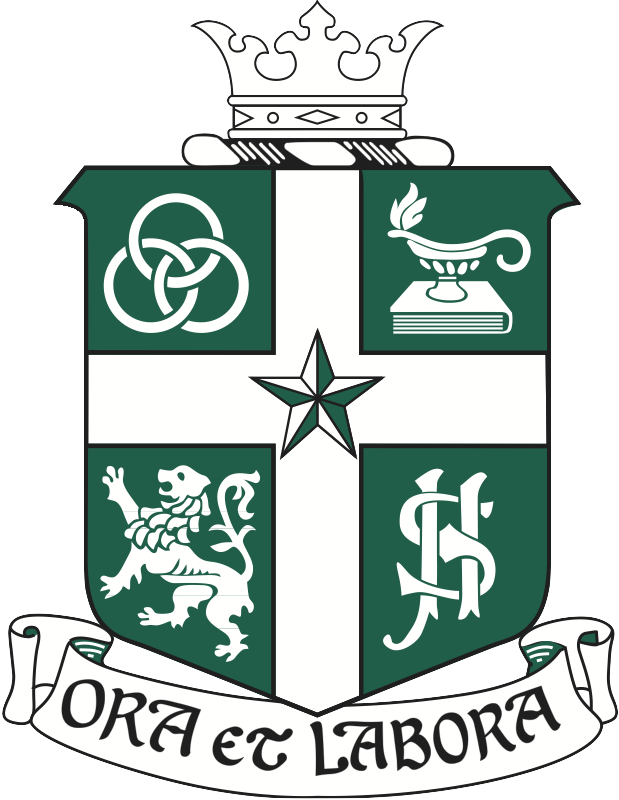SJI IB Education
SJI is an IB World School and is committed to quality education in the spirit of the IB Diploma Programme (IBDP). Recognized as the leader in international education, the IBDP cultivates the knowledge, skills and attitudes that enable students to excel in university. Through the SJI IBDP, students gain rigorous and balanced academic preparation, an ability to draw on knowledge and understanding of various cultures and histories, and the experience of learning how to think critically and apply what they have learned in different contexts and across disciplines.
The challenging curriculum educates the whole student aiming to develop their capacity for inquiry, research and problem-solving, as well as essential skills for communication and collaboration. Over the course of the two-year IBDP, students will:
- Study six subjects chosen from six subject groups
- Complete an Extended Essay
- Follow a Theory of Knowledge course
- Participate in Creativity, Activity, Service
IB Subject Groups
Students study 6 subjects from 6 subject groups for a strong balanced academic foundation, with 3 at Standard Level (SL) and 3 at Higher Level (HL) to recognize strengths and interests. To find our more about our exciting subjects on offer, visit here.
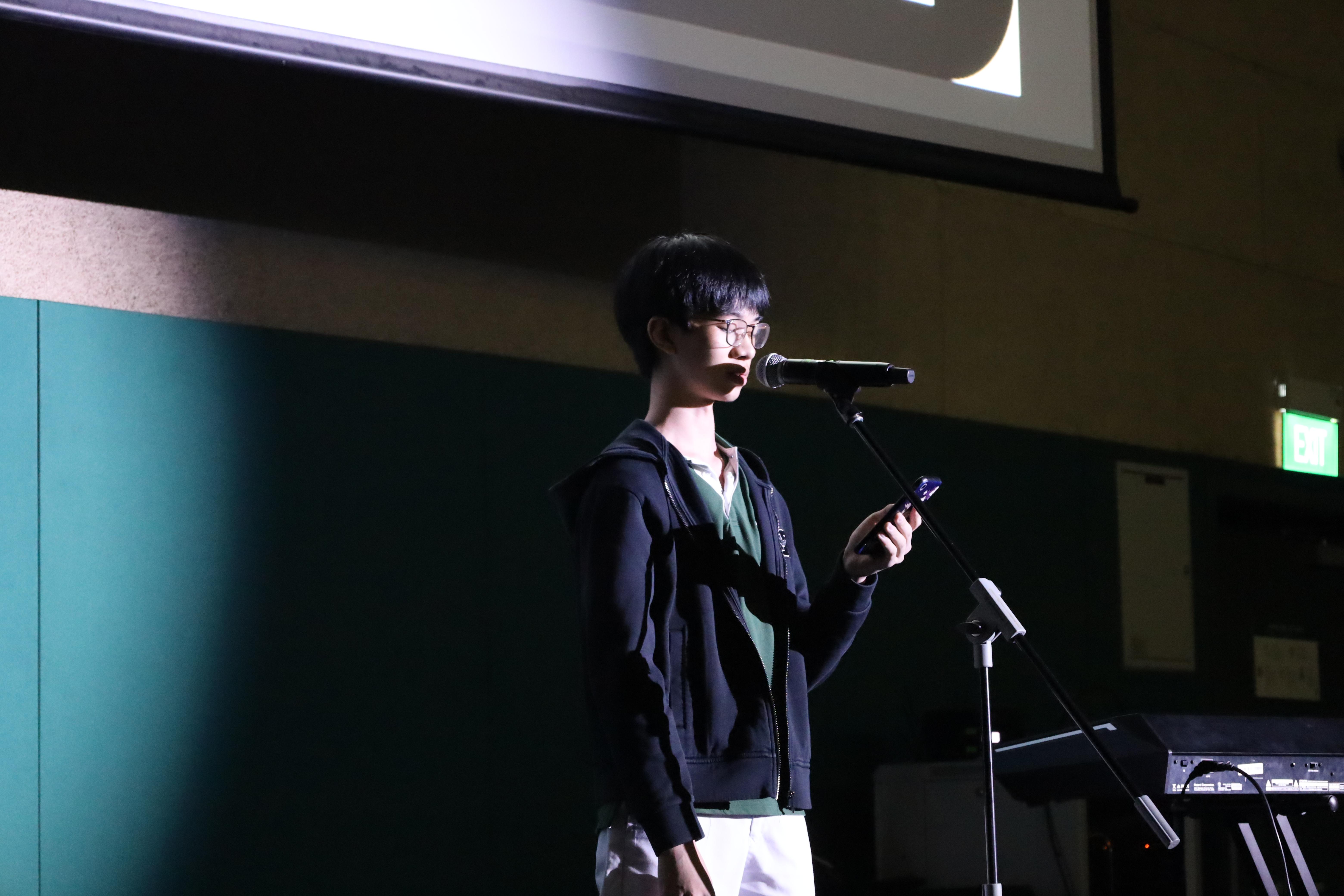
Studies in Language & Literature
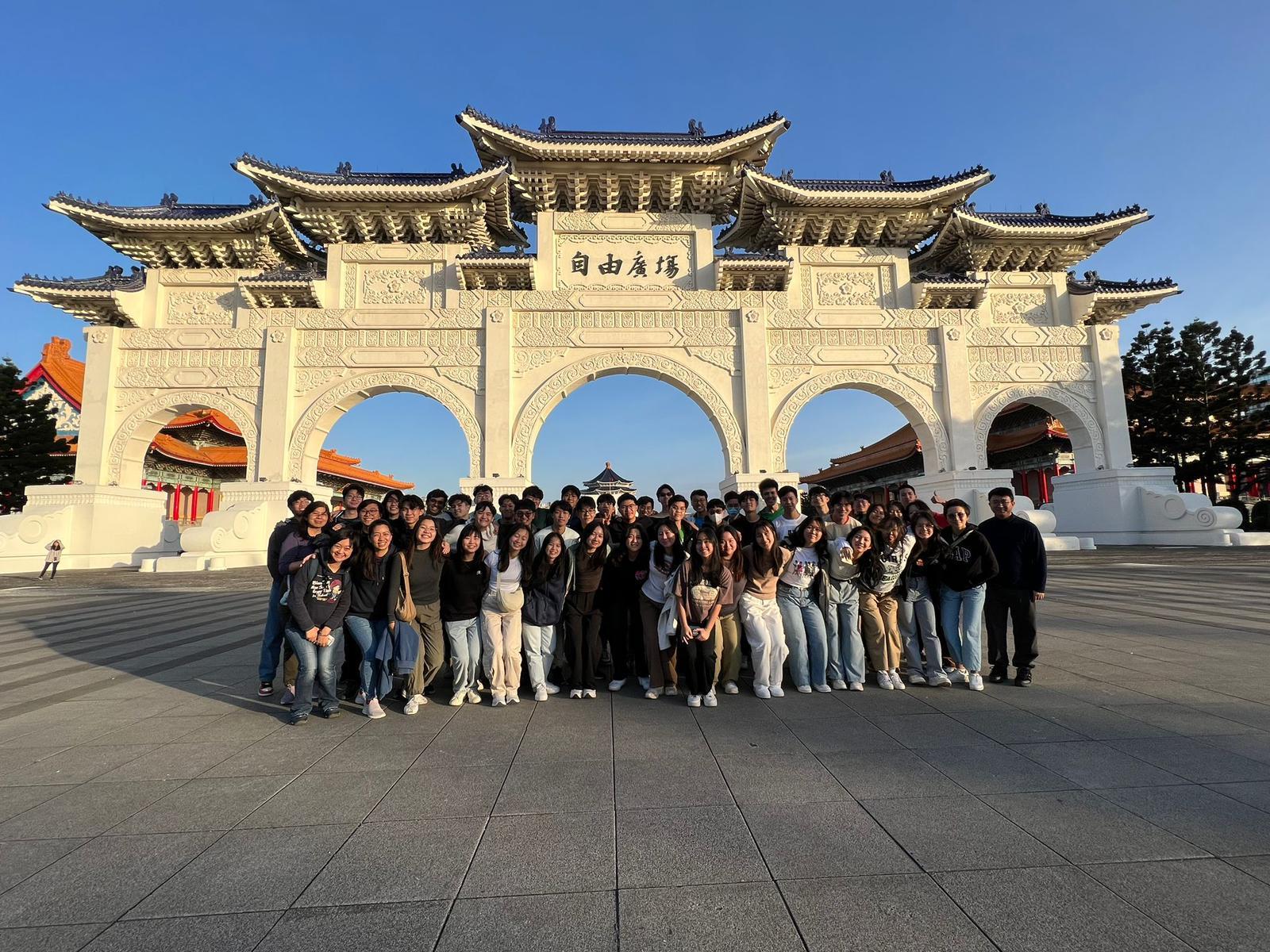
Language Acquisition
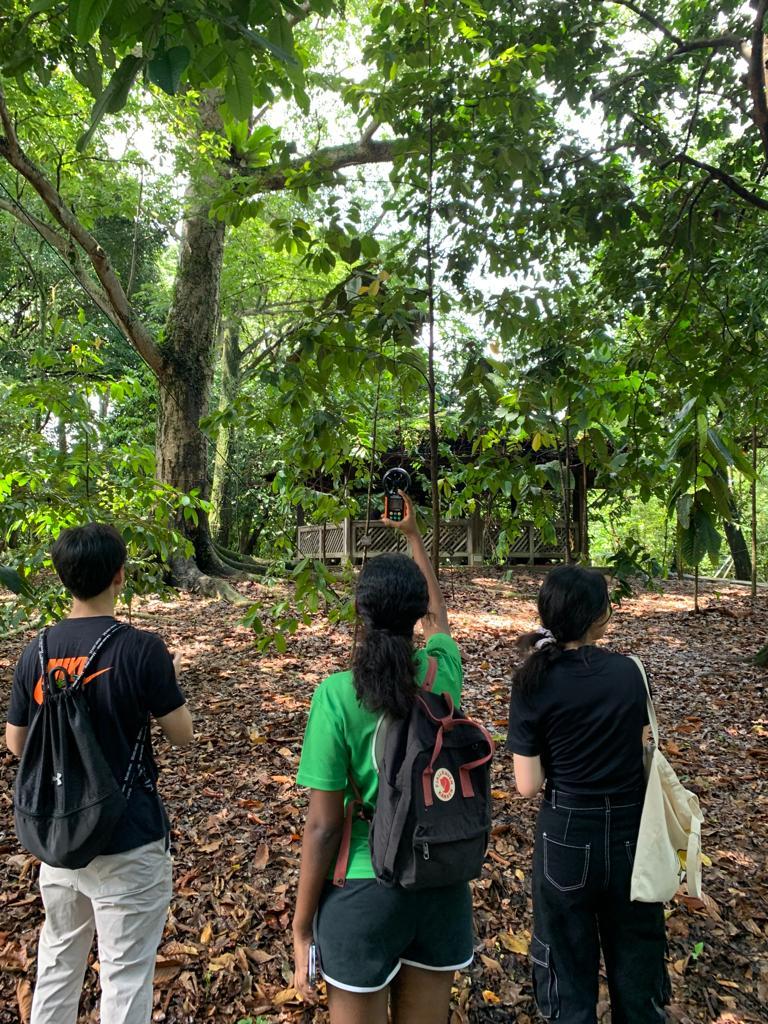
Individuals & Societies
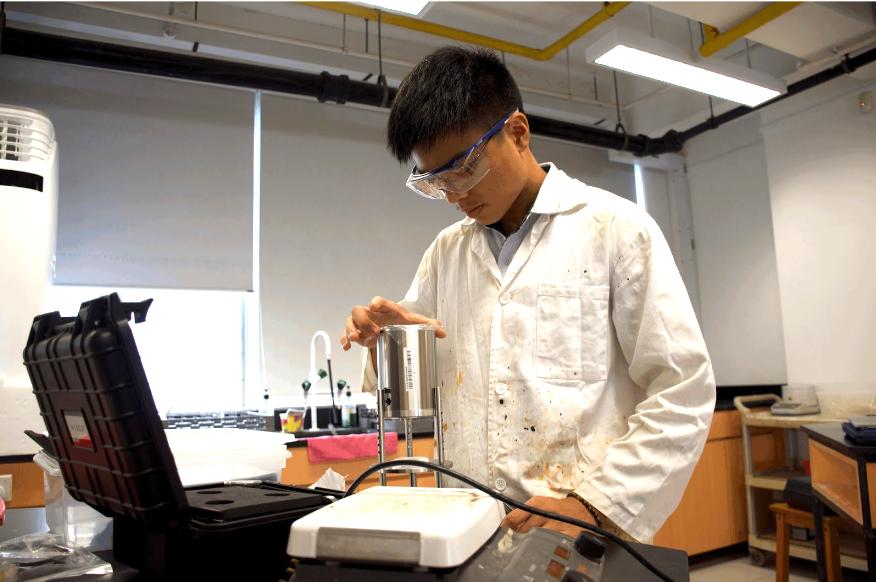
Experimental Science
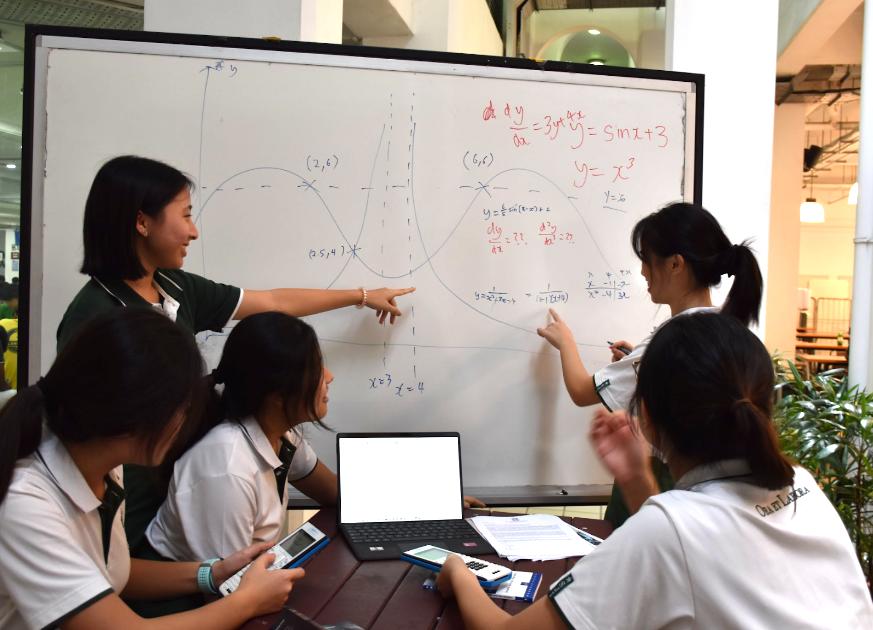
Mathematics
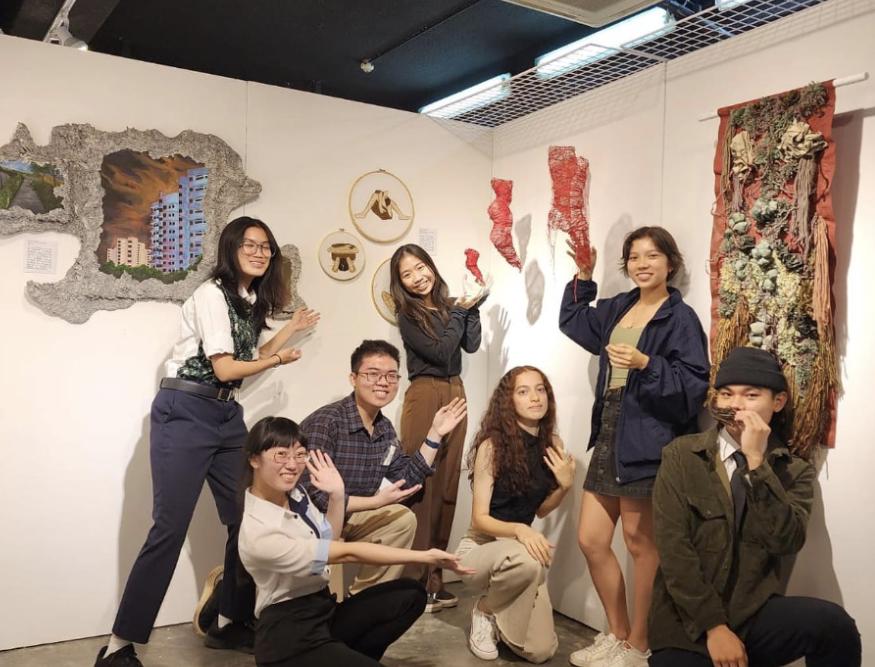
The Arts
Theory of Knowledge
The Theory of Knowledge (TOK) course develops in the students an interdisciplinary and coherent approach to learning that unifies the academic areas, and at the same time encourages appreciation of other cultural perspectives.
TOK encourages critical thinking about knowledge itself and aims to help young people make sense of what they encounter. It makes students aware of the nature of knowledge and personal biases and offers the chance for them to reflect and recognise the role of knowledge and apply it with greater awareness and credibility.
For the IB Diploma assessment, students are to complete an essay and create an exhibition of three objects with accompanying commentaries to explore how TOK manifests in the world.For more information, visit: IB TOK
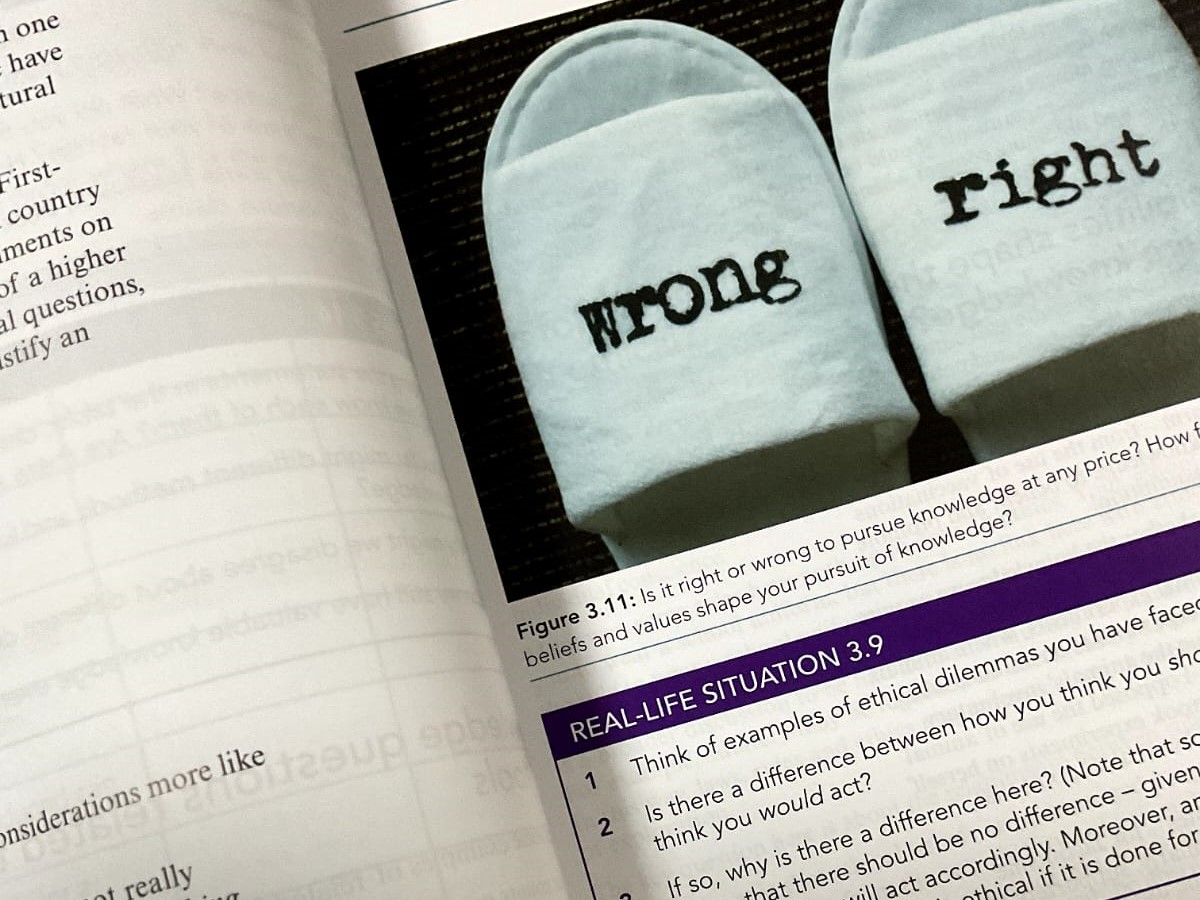
Extended Essay
The Extended Essay (EE) provides students with an opportunity to engage in personal research in a topic of their choice, under the guidance of a supervisor. The EE promotes high-level research and writing skills, intellectual discovery and creativity, and acquaints students with the independent research and writing skills expected at university. The EE journey culminates in a major piece of formally presented and structured writing (3500-4000 words), in which ideas and findings are communicated in a reasoned and coherent manner, appropriate to the subject chosen.
Through continual process reflection, students are able to demonstrate the rationale for decisions made and the skills and understandings developed, as well as the authenticity and intellectual initiative of their voice.
The learning involved in researching and writing the extended essay is closely aligned with the development of many of the characteristics described in the IB learner profile. Students are to a large extent, responsible for their own independent learning, through which they acquire and communicate in-depth knowledge and understanding.
The research process necessarily involves intellectual risk-taking and extensive reflection; open-mindedness, balance and fairness are key prerequisites for a good extended essay. Find out more about EE at: Extended Essay
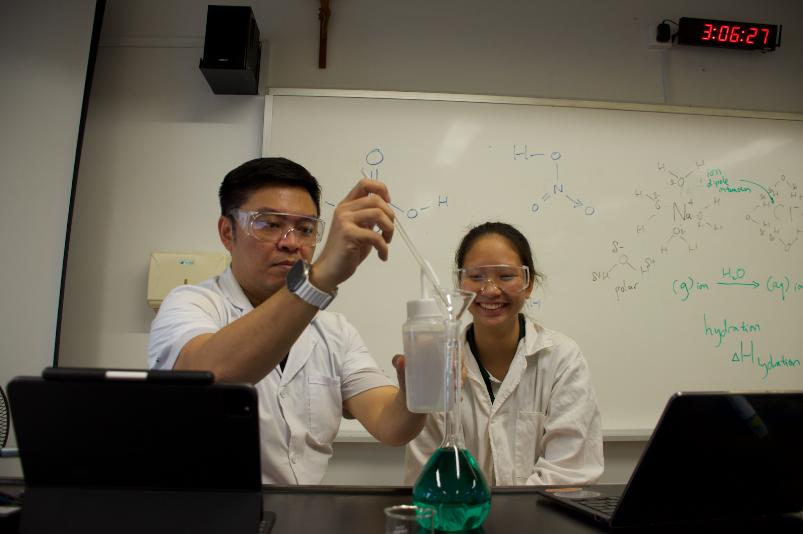
Internal Assessment
Between 20-30 percent of the total marks of each subject are from assignments assessed by teachers and checked by external examiners. This includes oral work in languages, fieldwork in geography, laboratory work in the sciences, investigations in mathematics, and artistic performances (up to 50 percent).
Assessment of the students and the award of marks in the IB Diploma is criterion-referenced. Students obtain the marks as long as they demonstrate the knowledge and skills required for the particular mark band. The final grade awarded is not norm-referenced. It is thus not adjusted according to the performance of other students in the same assessment period.
External Assessment
The final IB Examinations form 70-80 percent of total marks for each subject. Other key external assessments include the Theory of Knowledge essay, the Extended Essay and the World Literature (Language A) assignments. These are completed by students over a period of time under teacher supervision, and marked by external examiners.
